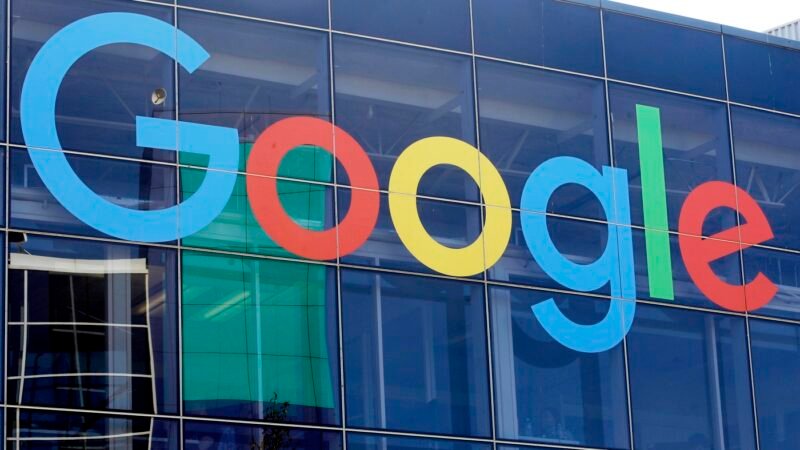Top Highlights
-
Historic Settlement: Google will pay $1.4 billion to Texas, marking the largest settlement over data privacy violations by any state against the tech giant.
-
Data Misuse Allegations: The settlement addresses claims that Google unlawfully tracked users’ data, including geolocation and biometric identifiers like voiceprints and facial geometry.
-
Accountability Message: Texas Attorney General Ken Paxton asserts the agreement sends a strong message that "Big Tech is not above the law" regarding user privacy rights.
- Impact on Google’s Practices: While Google claims the settlement pertains to "old claims" and will not require new product changes, it continues to emphasize strengthening privacy controls in its services.
The Settlement: A Turning Point for Data Privacy
Google’s recent agreement to pay $1.4 billion to Texas marks a significant moment in the ongoing dialogue about data privacy. The state’s attorney general characterized this settlement as a clear message to tech companies: they will face consequences for unauthorized data collection. For years, users and lawmakers have voiced concerns over how Big Tech manages personal data. Texas’s position reflects a growing demand for accountability. By highlighting issues such as geolocation tracking and biometric data collection, the case underscores the necessity for transparency in tech practices.
Moreover, this settlement is not just about the money. It serves as a wake-up call for all tech companies. They must prioritize user consent and privacy in their operations. With this action, Texas emphasizes that no corporation is “above the law.” Meanwhile, Google’s spokesperson indicates that the company has altered its policies. However, skeptics worry that without stringent regulations, similar issues could recur.
Broader Implications for the Tech Industry
The implications of this settlement extend beyond Google. It resonates within the entire tech industry, encouraging other companies to reevaluate their data collection practices. The message is clear: users deserve control over their personal information. As society becomes increasingly reliant on digital services, companies face heightened scrutiny.
Additionally, this case mirrors broader trends where states are stepping up against tech giants. Texas is not alone; other states have initiated similar suits. As a result, we may see a push for federal regulations, potentially standardizing data privacy protections nationwide. These developments could reshape the tech landscape, making user consent a foundational aspect of digital services. Ultimately, the $1.4 billion settlement reflects a pivotal shift towards better accountability and ethical practices in technology.
Expand Your Tech Knowledge
Explore the future of technology with our detailed insights on Artificial Intelligence.
Stay inspired by the vast knowledge available on Wikipedia.
TechV1

